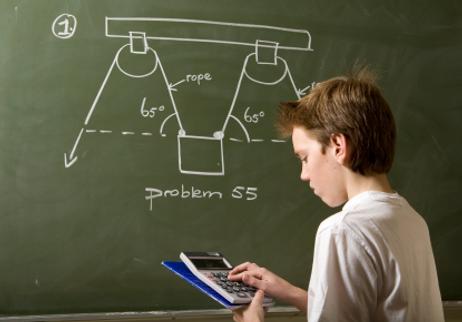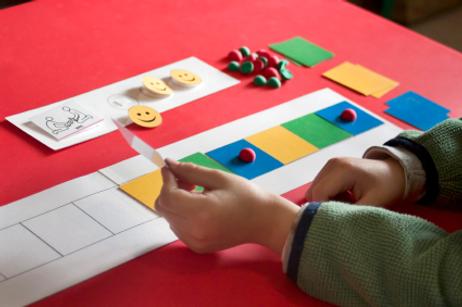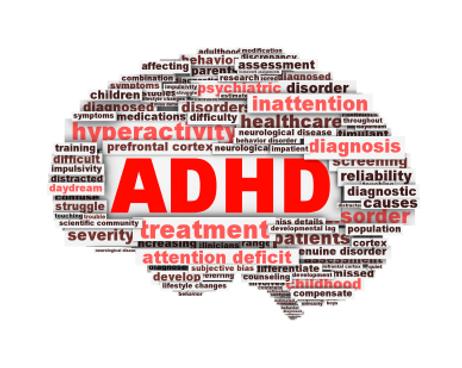While sports have always been a staple in public schools, many students are taking advantage of non-athletic opportunities, such as academic sports. Both athletes and non-athlete students are discovering that the latest public school clubs are not only building students’ profiles for college applications, but they’re also providing rare opportunities for travel, competitions, awards, and even !
Academic Clubs
An academic club is essentially any school-approved group of students, often with a faculty sponsor, who meet to develop activities or discussions based on their particular topic of interest. Group meetings are often informal, and can even involve after-school field trips, community volunteerism opportunities, or other venues. The intent of an academic club is to generate enthusiasm for a topic while encouraging student involvement and achievement.
While in the past, most academic clubs were based on school subjects, such as the book club, the math club, or the science club, public schools today have a much greater scope in clubs – and even geared towards gifted students. For example, springing up around campuses are “Robotics Clubs,” where students actually design a robot and compete in competitions. Another forum for clubs is technology-based, where “Gaming Clubs,” “Computer Design Clubs,” or “Web Clubs,” have grown in popularity; students not only learn about how the technology works, but they’re also able to have some fun, as they learn to design their own personal or professional web pages or computer-based games.
This video offers suggestions for school






















